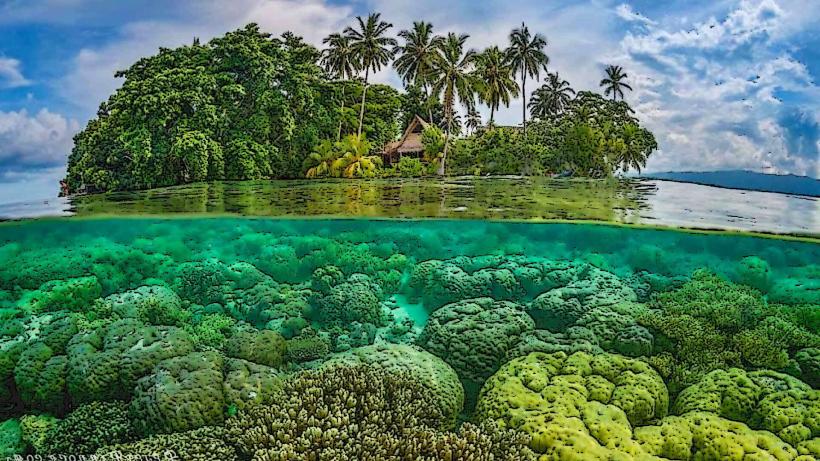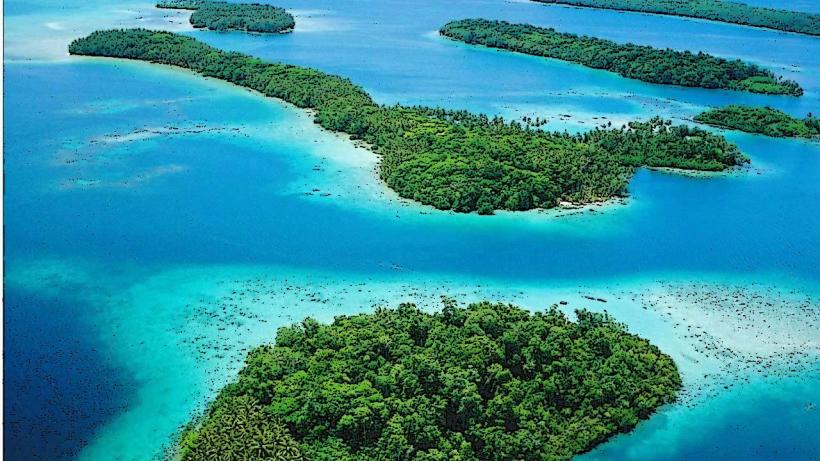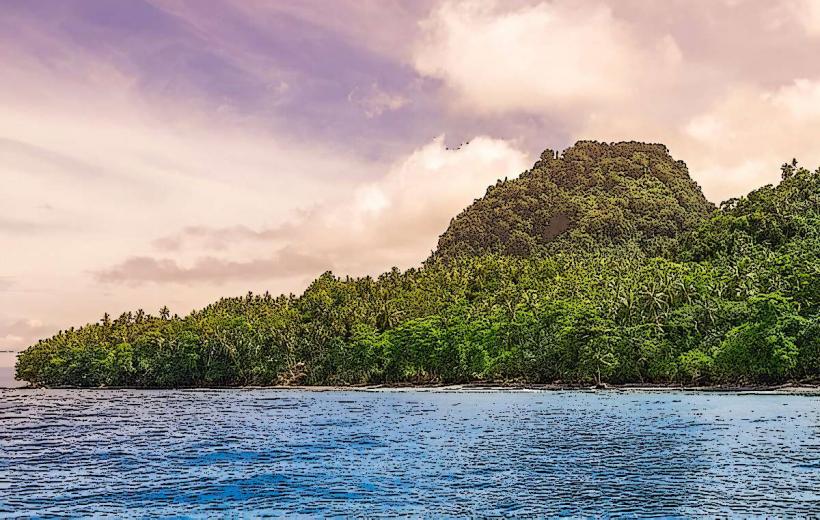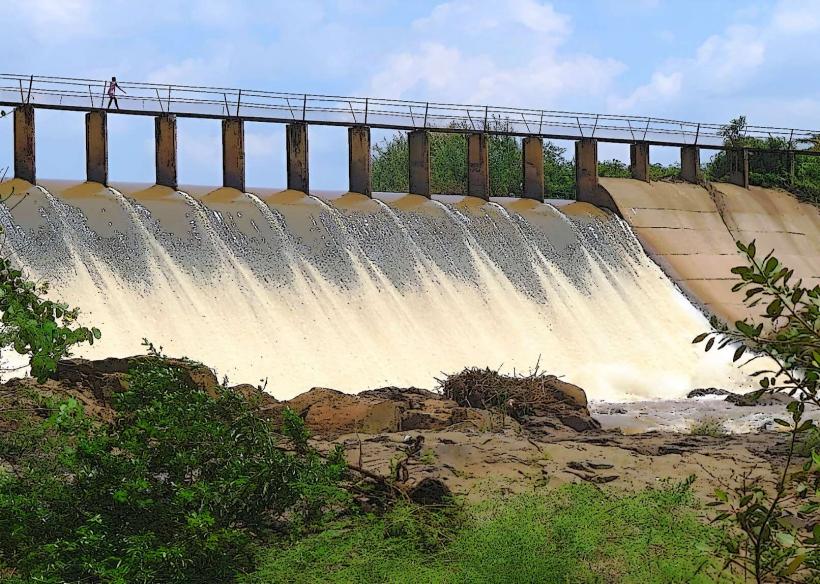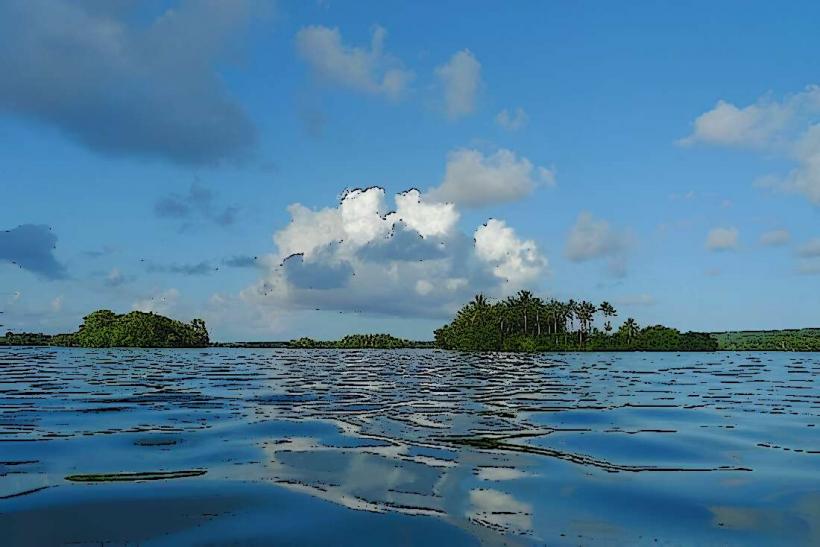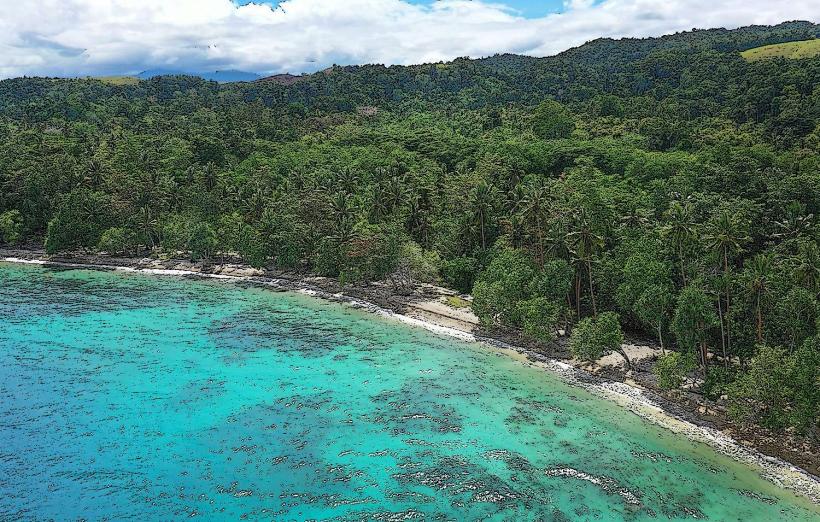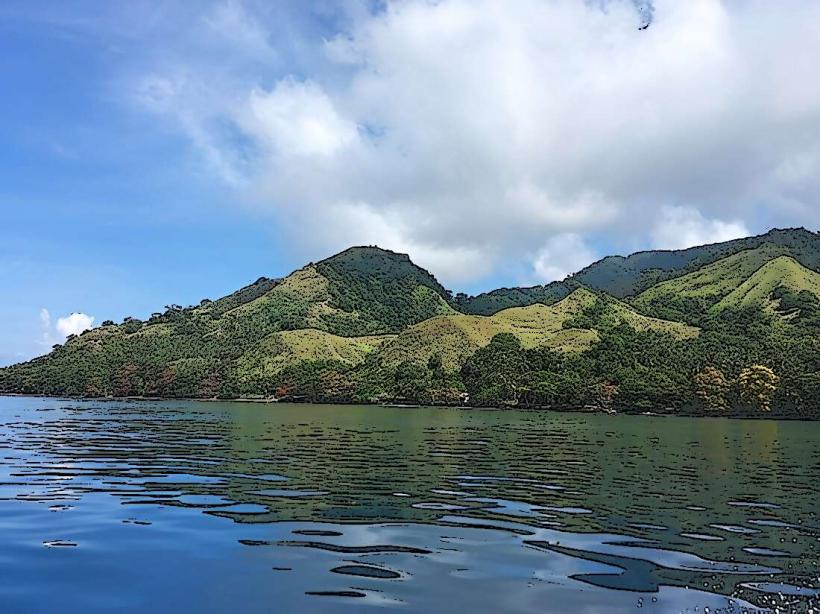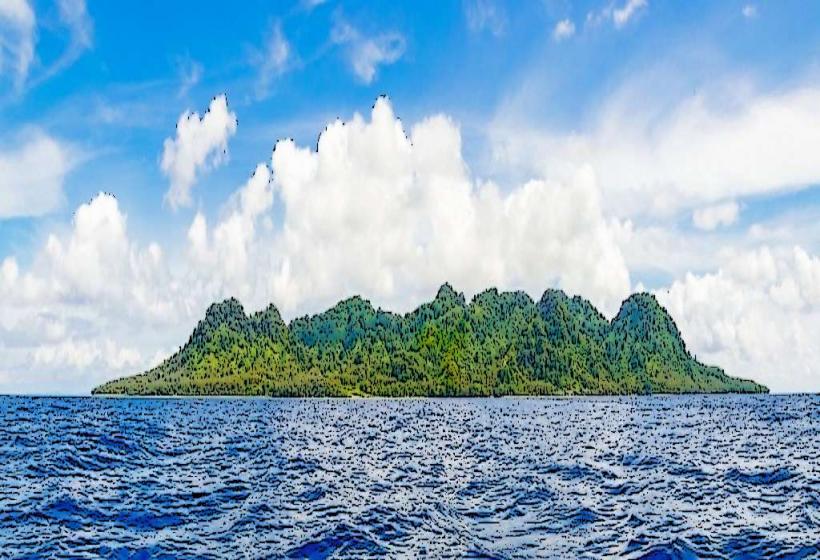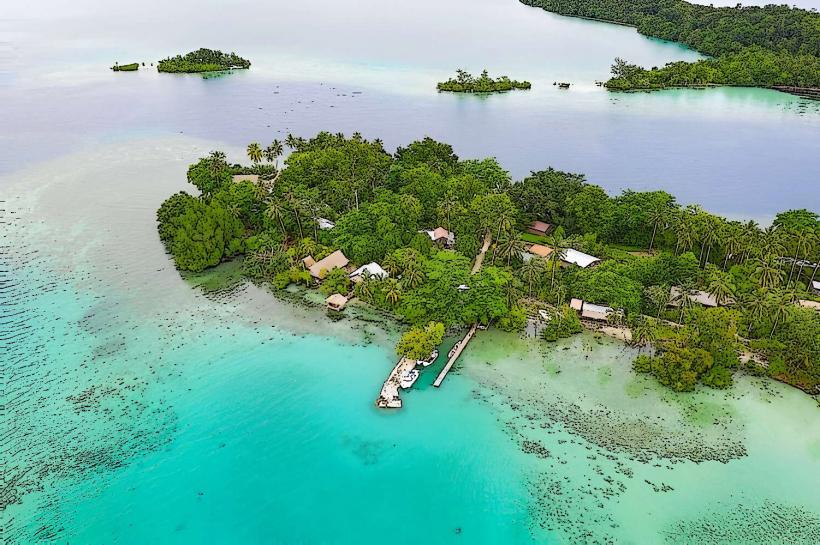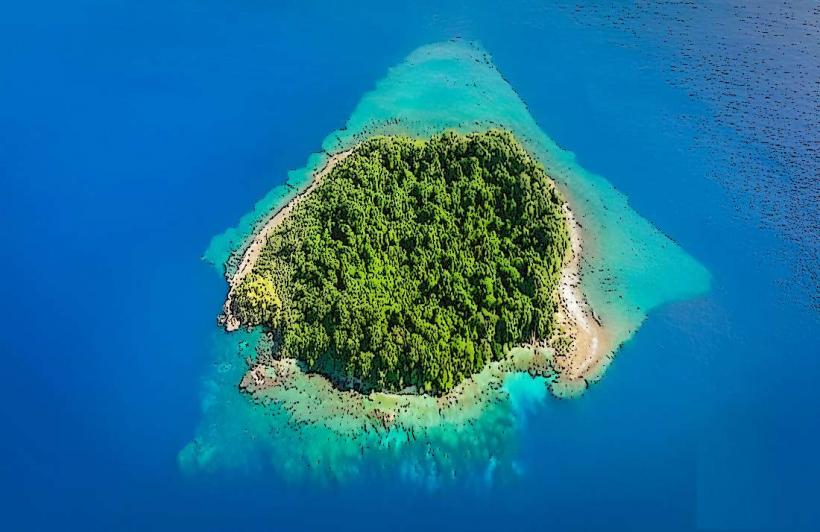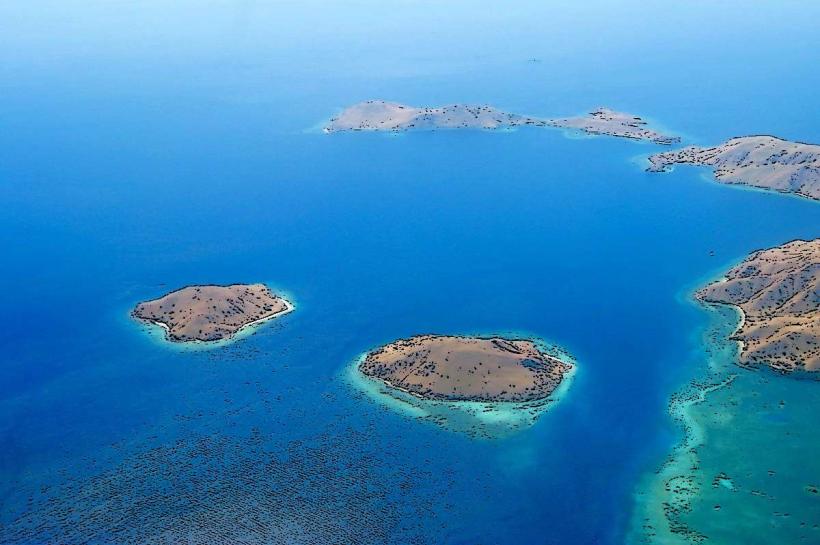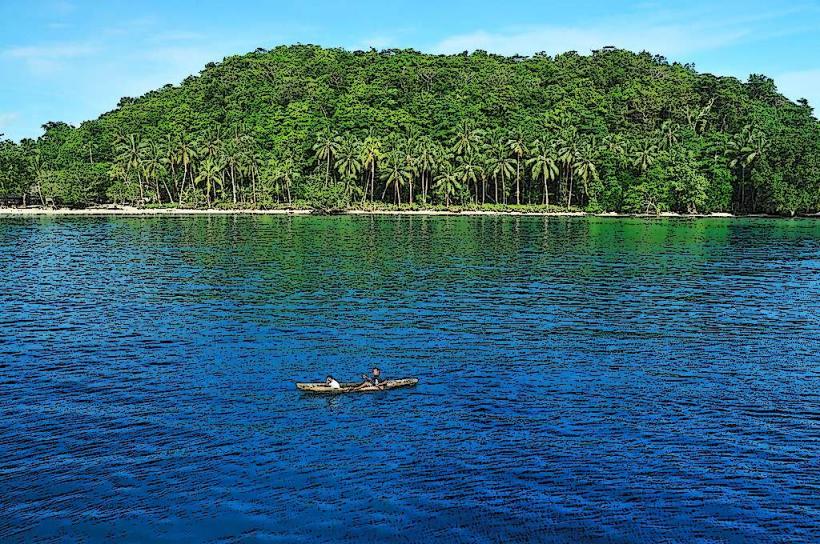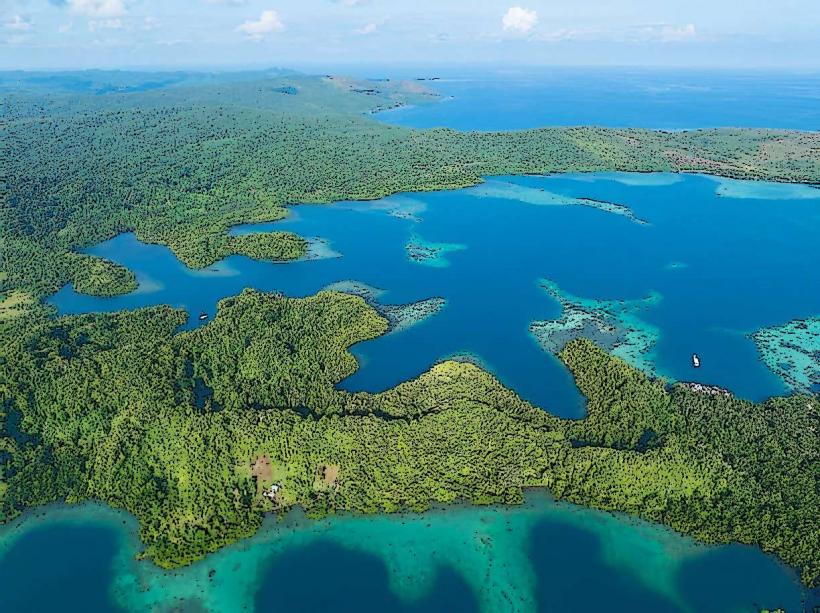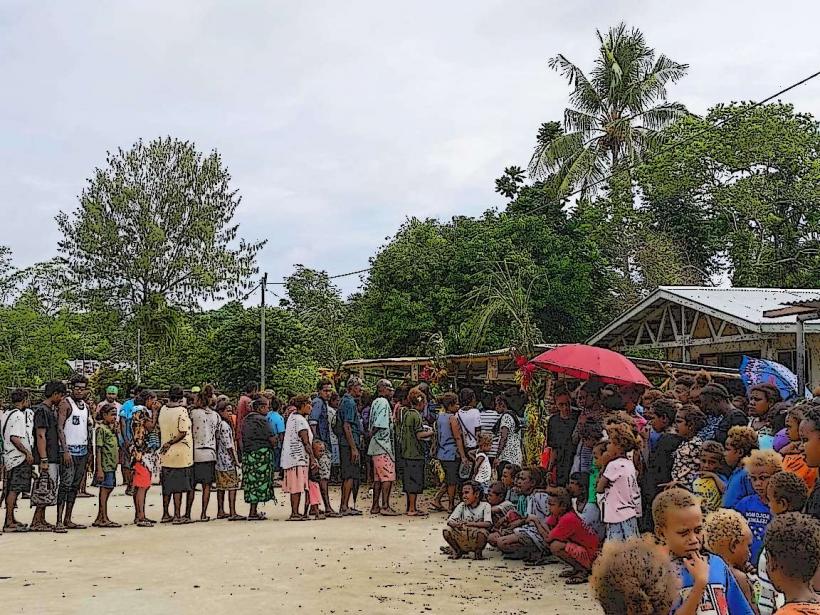Information
Landmark: Tetepare IslandCity: Western Province
Country: Solomon Islands
Continent: Australia
Tetepare Island, Western Province, Solomon Islands, Australia
Tetepare Island is the largest uninhabited island in the Solomon Islands and is located in the Western Province of the country. It is part of the New Georgia Islands group and lies to the southwest of the island of Vella Lavella and to the north of Rendova Island. Tetepare Island is known for its untouched natural beauty, diverse ecosystems, and its importance to the local environment and culture.
Here are some key details about Tetepare Island:
Geography: Tetepare Island is approximately 120 square kilometers in size, making it the largest uninhabited island in the Solomon Islands. The island features a rugged landscape, with lush rainforests, dense mangroves, and coastal plains. It has steep hills and valleys that rise from the coastline, offering dramatic views of the surrounding waters. The island's coral reefs and clear lagoons are home to diverse marine life, making it a hotspot for ecological interest.
Location: Tetepare is located in the Solomon Sea, off the western coast of the island of New Georgia, and lies within the Western Province of the Solomon Islands. It is separated from Vella Lavella Island by a narrow strait, which is known for its rich marine biodiversity.
Ecology and Environment:
- Tetepare is known for its incredible biodiversity. Its forests and wetlands provide habitat for a wide range of species, many of which are unique to the island or the region. The island is home to various endemic birds, reptiles, and plant species, including the rare and endangered Solomon Islands sea eagle.
- The surrounding coral reefs are teeming with marine life, including fish, sea turtles, and sharks. The island’s pristine waters make it a valuable ecological area for research and conservation.
Conservation Efforts: In recent years, Tetepare Island has become the focus of important conservation efforts. The island was once inhabited by people, but it was abandoned in the mid-20th century. Today, Tetepare is a conservation area managed by the Tetepare Descendants Association (TDA), which is comprised of local communities from neighboring islands. The TDA has worked to protect the island's rich biodiversity by restricting human activity and promoting sustainable management of the island’s natural resources.
- The Tetepare community has worked to establish sustainable eco-tourism ventures to protect the island while benefiting from tourism revenue. Efforts include the protection of critical habitats and the sustainable management of fisheries and resources on the island and surrounding areas.
Cultural Significance: Tetepare Island is culturally important to the local communities of the Western Province. While the island is currently uninhabited, it is considered a sacred place by the people of nearby islands, with many traditional practices tied to it. Tetepare is associated with local myths and legends, and there is a deep respect for the island within the surrounding communities.
Tourism and Activities: Though the island is uninhabited, it is open for eco-tourism, primarily focused on its pristine environment, natural beauty, and wildlife. Visitors can explore the island's rainforests, hike its trails, observe its unique flora and fauna, and experience the surrounding marine life through snorkeling and diving.
- The surrounding waters are considered some of the best places for diving and snorkeling in the Solomon Islands, with vibrant coral reefs and abundant marine life. Visitors can enjoy the beauty of the underwater world while respecting the island’s conservation goals.
Marine Life and Environment: The surrounding marine environment is incredibly rich in biodiversity, offering exceptional diving and snorkeling opportunities. The island is surrounded by clear, warm waters that are home to a wide variety of fish species, sea turtles, and rays, as well as diverse coral reefs. Tetepare’s marine ecosystem has been recognized for its importance to the broader health of the region's oceanic environment.
Tetepare Island is a unique and valuable natural reserve, providing a rare opportunity to experience the Solomon Islands' biodiversity and cultural heritage in its most pristine form. Its uninhabited status and ongoing conservation efforts make it a prime example of sustainable tourism and environmental preservation in the region.

